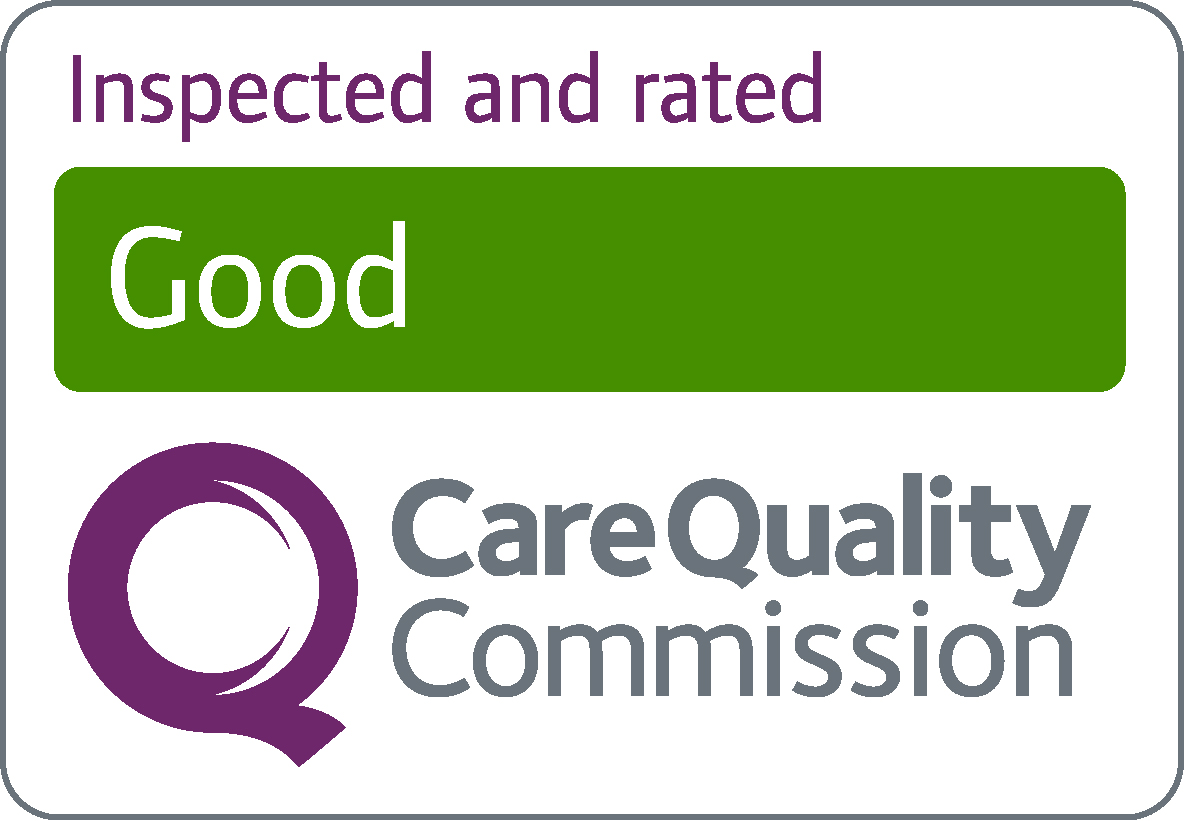Rosacea Treatment
Looking for Effective Rosacea Treatment Near You?
Rosacea is a common yet often misunderstood facial skin condition, affecting approximately 10% of people in the UK. It typically appears between the ages of 30 and 50 but can begin as early as 20. This condition is characterised by persistent facial redness, episodes of flushing, and sometimes acne-like bumps. If left untreated, these symptoms can lead to discomfort, embarrassment, and challenges in social situations.
Causes and Triggers
Although the exact cause of rosacea remains unknown, experts believe it results from a combination of genetic and environmental factors. Several common triggers can worsen symptoms, including:
- Sunlight
- Wind and cold weather
- Spicy foods
- Alcohol
- Emotional stress
- Certain medications
Keeping a journal of your triggers can help you identify and avoid factors that may lead to flare-ups.
Recognising Rosacea Symptoms
The most common signs of rosacea include:
- Facial redness that comes and goes
- Small red bumps resembling acne
- Dry, irritated, or bloodshot eyes
- Thickened skin, especially around the nose (in advanced cases)
Treatment Options
While there is no cure for rosacea, effective treatments are available to manage symptoms and improve your quality of life.
Gentle Skincare
Gentle skincare routines are crucial for rosacea-prone skin. Avoid harsh soaps, exfoliants, and perfumed products. Opt for mild cleansers, lukewarm water, and soothing moisturisers to calm redness and irritation.
Managing Flushing and Redness
Topical anti-flushing creams and newer therapies can help control persistent redness and facial flushing.
Inflamed Spots and Severe Cases
For more severe rosacea, topical or oral treatments may be recommended. These include antibiotics or acids to reduce inflammation and support skin healing.
Take control of your rosacea symptoms and improve your skin’s health with effective, personalised treatments. Seek professional care to explore your options and start feeling confident in your skin again.
Focus on Patient Care
Patients from Bolton, Bury, Manchester, Wigan and surrounding areas choose Chequers Health for Rosacea treatment to improve their daily life.
For more information or to book a consultation, contact us at 01204 928850 or email info@chequershealth.co.uk.


